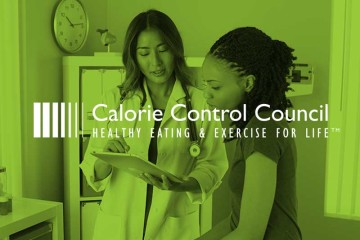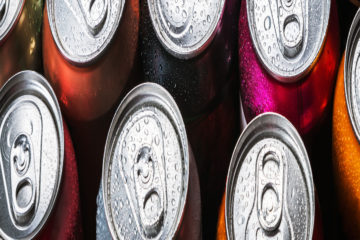

ARTICLE: Brain activity and connectivity changes in response to nutritive natural sugars, non-nutritive natural sugar replacements and artificial sweeteners AUTHORS: van Opstal AM, Hafkemeijer A, van den Berg-Huysmans, Hoeksma M, Mulder TP, Pijl H, Rombouts SARB, van der Grond J SOURCE: Nutritional Neuroscience, Published online July 2019 https://doi.org/10.1080/1028415X.2019.1639306 SUMMARY BY: Robyn Flipse, MS,...
Read More
STUDY: New insight into human sweet taste: a genome-wide association study of the perception and intake of sweet substances AUTHOR: Liang-Dar Huang, et al (13) QUESTION: Which genes are associated with the perception, liking, and consumption of sweet substances? SUMMARY BY: Robyn Flipse, MS, MA, RDN Objective Verify previous reported associations within genes...
Read More
A policy statement by the American Academy of Pediatrics posted online October 28, 2019 on Pediatrics entitled “The Use of Nonnutritive Sweeteners in Children” unnecessarily raises questions that have been consistently and repeatedly addressed by scientific and health authorities around the world. The new policy statement questions the safety and...
Read More
By Rosanne Rust, MS, RDN, LDN — Fiber is an important dietary component. It serves both the food industry as a functional additive, and also provides benefits to human health. When you think of fiber, you may think of naturally occurring fibers that add “bulk” to the diet (foods like...
Read More
ARTICLE: Do low-calorie sweetened beverages help to control food cravings? Two experimental studies AUTHORS: Maloney NG, Christiansen P, Harrold JA, Halford JCG, Hadman CA SOURCE: Physiology & Behavior.2019;208(112500):1-9 SUMMARY BY: Robyn Flipse, MS, MA, RDN Introduction This study explores whether low-calorie sweetened (LCS) beverages help regular consumers adhere to their...
Read More
(ATLANTA) -- On October 3, 2019, DiabetesCare published a study entitled, “Changes in Consumption of Sugary Beverages and Artificially Sweetened Beverages and Subsequent Risk of Type 2 Diabetes: Results from Three Large Prospective U.S. Cohorts of Women and Men”. This study reports that increasing consumption of sugary beverages and artificially...
Read More